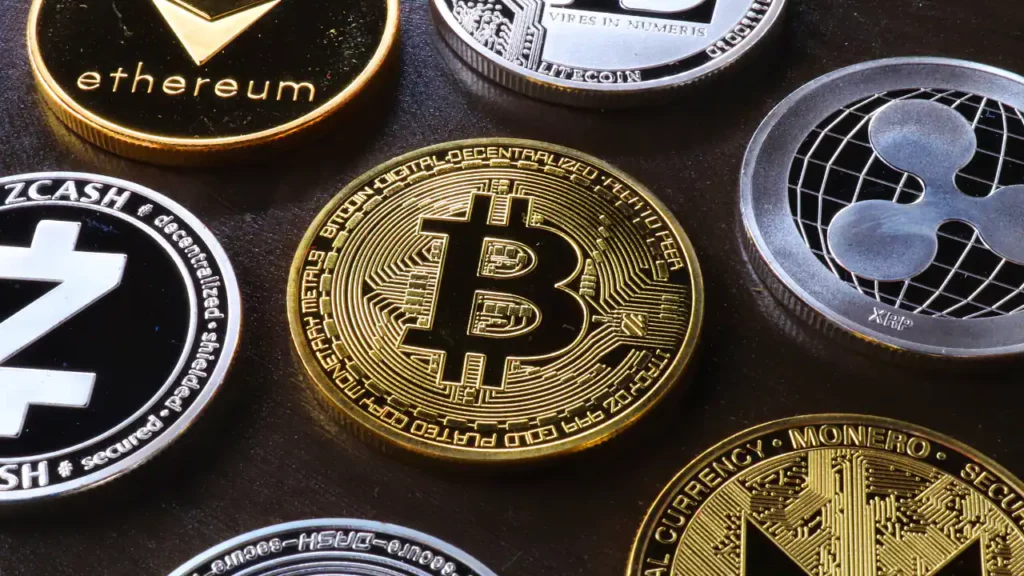The Ministry of Finance of India has recently announced that the country will be conducting a thorough analysis in order to determine its position on cryptocurrencies. This decision comes in response to the global framework for crypto regulations approved by the G20 leaders during their negotiations. The comprehensive assessment of risks associated with cryptocurrencies, as outlined by the G20, will heavily influence India’s stance on the matter. With ongoing debates and challenges surrounding cryptocurrencies in India, this development signifies a potential shift in the country’s approach and the development of domestic legislation for cryptocurrencies.
The State of Cryptocurrencies in India

India’s relationship with cryptocurrencies has been a topic of much discussion and debate. Once a thriving hub for the crypto industry, the country has faced various challenges, including stringent taxes, a downturn in the crypto market, regulatory uncertainties, and enforcement actions against major crypto exchanges. Amidst these obstacles, the country’s central bank has advocated for a complete ban on cryptocurrencies, while the government has yet to take an official stance, suggesting a reluctance to pursue such a path.
The Influence of G20 Framework

The G20, a group of influential nations, recently approved a global framework for crypto regulations. This framework serves as a guiding document for countries like India in shaping their own policies regarding cryptocurrencies. Ajay Seth, Secretary of the Department of Economic Affairs, emphasizes the importance of carefully considering the agreements made by global leaders before crafting a policy that suits India’s specific needs. The G20’s analysis paper specifically advises against implementing a blanket ban on cryptocurrencies, offering guidance to countries on how to approach this emerging technology.
Shifting Approach and Potential Legislation

The announcement from the Ministry of Finance indicates a departure from previous plans to introduce comprehensive crypto legislation through a bill that had been put on hold in early 2022. This shift suggests that India is now leaning towards developing its own domestic legislation for cryptocurrencies. By conducting a thorough analysis of the risks associated with cryptocurrencies and considering the global perspective presented by the G20, India aims to establish a well-informed and tailored approach to this rapidly evolving space.
The Challenges Faced by India
India’s crypto industry has encountered several obstacles in recent years. One major challenge has been the imposition of stringent taxes on cryptocurrency transactions. These high taxes have made it difficult for businesses and individuals to participate in the crypto market. Additionally, the downturn in the overall crypto market has affected the sentiment and adoption of cryptocurrencies in the country. Regulatory uncertainties have further dampened the growth of the industry, leaving businesses and investors uncertain about the legal and operational landscape.
Regulatory Uncertainties and Enforcement Actions
The lack of clear regulations surrounding cryptocurrencies in India has created a sense of uncertainty for businesses and investors. Without a well-defined regulatory framework, companies operating in the crypto space are left to navigate a complex landscape, often leading to compliance challenges. Furthermore, there have been enforcement actions taken against major crypto exchanges in the country, adding to the overall regulatory concerns. These actions have further contributed to the need for clear and comprehensive regulations to provide clarity and stability for the crypto industry in India.






![Best Crypto Exchanges for Day Trading [currentyear] - Top 6 Platforms 14 Best Crypto Exchanges For Day Trading](https://coinwire.com/wp-content/uploads/2023/10/best-crypto-exchanges-for-day-trading-1024x683.jpg)
![Best Free Crypto Sign Up Bonus Offers & Promotions in [currentyear] 15 Best Free Crypto Sign Up Bonus And Promotion](https://coinwire.com/wp-content/uploads/2023/08/free-crypto-sign-up-bonus-1024x683.jpg)